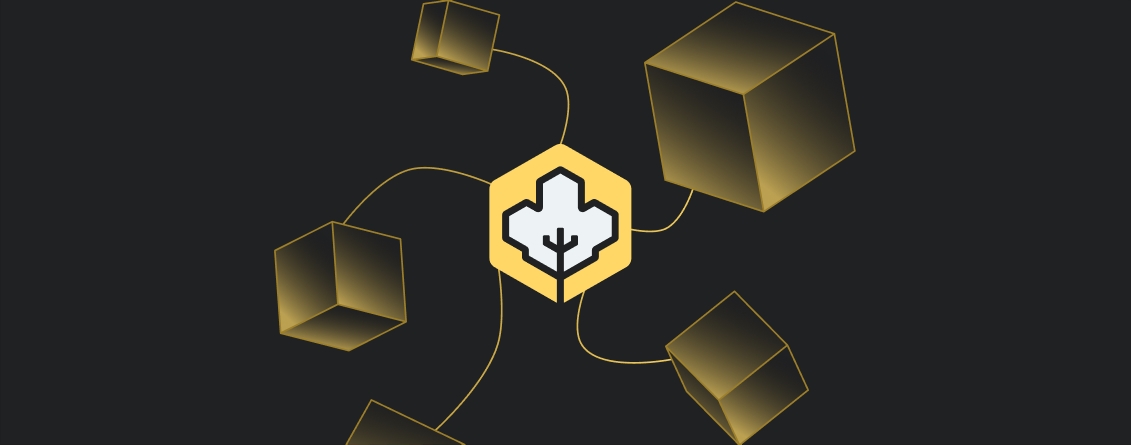
By: Zeneca
A blockchain is a digital system that allows people to securely store and share information. Think of it like a digital ledger or notebook that keeps a record of transactions (or any kind of data).
In addition to being digital, the notebook is public for anyone to see, and is shared / stored / backed up among a lot of computers around the world (also referred to as nodes).
One key difference between a typical ledger and a blockchain is how the data is structured. A blockchain collects information together in groups, known as blocks (hence the name), that hold sets of information.
Blocks have certain storage capacities and, when filled, are closed and linked to the previously filled block, forming a chain of data known as a blockchain.
This makes them Decentralized, Immutable, and Open. Let’s break down what these terms mean in a bit more detail:
It’s important to note that not all blockchains are created equal, and that there are many different blockchains out there. The two most common ones, by far, are Bitcoin and Ethereum, and we will focus on those in this email course (each has their own dedicated day later on).
One of the most powerful use-cases of blockchains is the ability to interact trustlessly with someone else. Basically, eliminating middlemen.
Here are two examples that can help explain this concept:
The first is sending funds to a family member overseas. In the traditional banking system, in order to do this, you have to rely on at least a single bank, and sometimes even additional third-parties. You send them the money, they rely on some international payment system to transfer it to a bank in another country, and then your bank subtracts an amount from your account, and your family member’s bank adds an amount to their account.
There are a lot of fees involved with this process (not even including currency conversion fees).
Blockchains allow you to send digital currency (cryptocurrency) directly to your family member. From your account (or ‘wallet’) to theirs. No need to rely on a single central third party – the ever-running and immutable blockchain trustlessly confirms everything, for everyone. The fees are miniscule in comparison, and reducing as time goes on.
The second example is by using a Smart Contract. We’ll go into these in more detail when we cover Ethereum, but basically, imagine escrowing funds for a house sale. Currently, both parties have to trust a third party (escrow) to hold the assets and then hand them out accordingly as contractual obligations are met. There is a hefty fee for this.
Smart Contracts create the infrastructure for this entire transaction to be done trustlessly. It will be some time before your average house buyer or seller is comfortable using this new technology, and for the user interfaces to improve to make it clear and seamless, but once you understand how the technology can eliminate unnecessary fees – it should begin to appear clear how this leads to a more efficient future for society.
There are many, many, many more use-cases for blockchains but we’ll leave it at this for now.
In our next section, we’ll cover: “What are cryptocurrencies?”
Learn more:

If you’re interested in building the future digital economy, we want to hear from you!